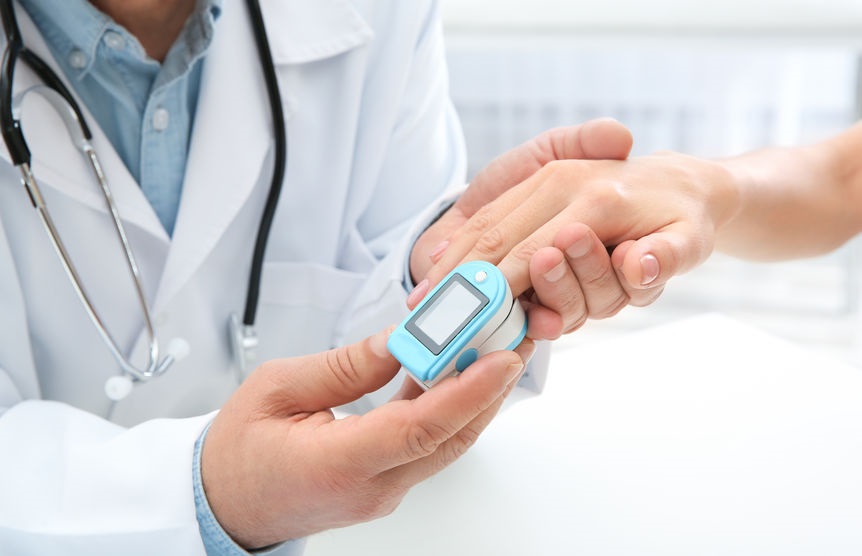
If you are heading down to a Southern country this winter to catch some rays and relaxation, then you are one of the lucky ones. But its not as simple as boarding the plane and heading straight for the beach. Here are some things you need to consider about your medication and healthy conditions before leaving, in order to keep yourself safe and your holiday running smoothly.
If you are taking prescription medications, you will need to bring an ample supply from home. The country you are visiting may not be able to provide emergency prescription refills. MAke SUre you bring the meds in their ORIGINAL prescription bottle, along with the prescription from your doctor, this will ensure that the customs authorities know it is a legitimate item for you to bring with you. Also, do some research and make sure the meds you are bringing are LEGAL in the country you are visiitng. Some prescription drugs, and even some over the counter drugs such as tylenol with codiene, are not legal in other countries, and the last thing you want to end up doing on your vacation is sitting in a foreign jail. As long as you have your prescription, you should be fine, but some over-the-counters can bring trouble too, such as Vicks and Sudafed.
Ask your pharmacist to print the generic name of the drug on the bottle label, as well as the brand name – that way, if you do need more while abroad, they will be able to recognize the drug if they supply it. Its a good idea to always bring more than necessary for the time you will be there, in case you are delayed in the country. Some over-the-counter drugs are not available without a prescription in other countries, so if you depend on anything like that, you will want to bring enough from home to cover your needs.
When packing, pack all your medications in your carry-on bag, to ensure they arrive with you even if your luggage is delayed. Remember NOT to use those handy weekly dose containers – they may be convenient, but you MUST keep your meds in their original packaging with labels. If you feel they may get damaged by being tossed around during travel, put some cotton balls in each bottle to stop the jostling.
If you need syringes for your medication, be sure to bring ample of these from home as well, as they may also be hard to come by in other countries. It would be a good idea to have a note from your doctor verifying your need for these, as syringes may raise suspicion in countries where drug trade is an issue.
Health and cleanliness standards are not the same in other countries as they are in North America, so be aware of that when injecting with syringes. Never use a needle that has been used before, and ideally dispose of it properly as soon as possible after use.
If you have a medic alert bracelet, wear it at all times, and if you are diabetic or have epilepsy, be sure to discuss your travel plans with your doctor in order to decide how best to proceed if you have unexpected situations.
You may be crossing time zones during your flight; if you are on a schedule for your medication, be sure to adjust that correctly to reflect your new time zone.
Finally, never travel without travel health insurance. Emergency health care in other countries can be prohibitively expensive, and you don't want to be caught in an emergency room unable to afford the help you need. Purchase a reliable policy for the entire duration of your trip, and be sure to read all the terms and conditions. Some health insurances won't cover treatment for injuries acquired during alcohol consumption, for example, and it is important to be aware of all these policies.
Use your best judgment at all times, plan ahead, and you should be fine. Enjoy that vacation under the warm rays on a sandy beach!
